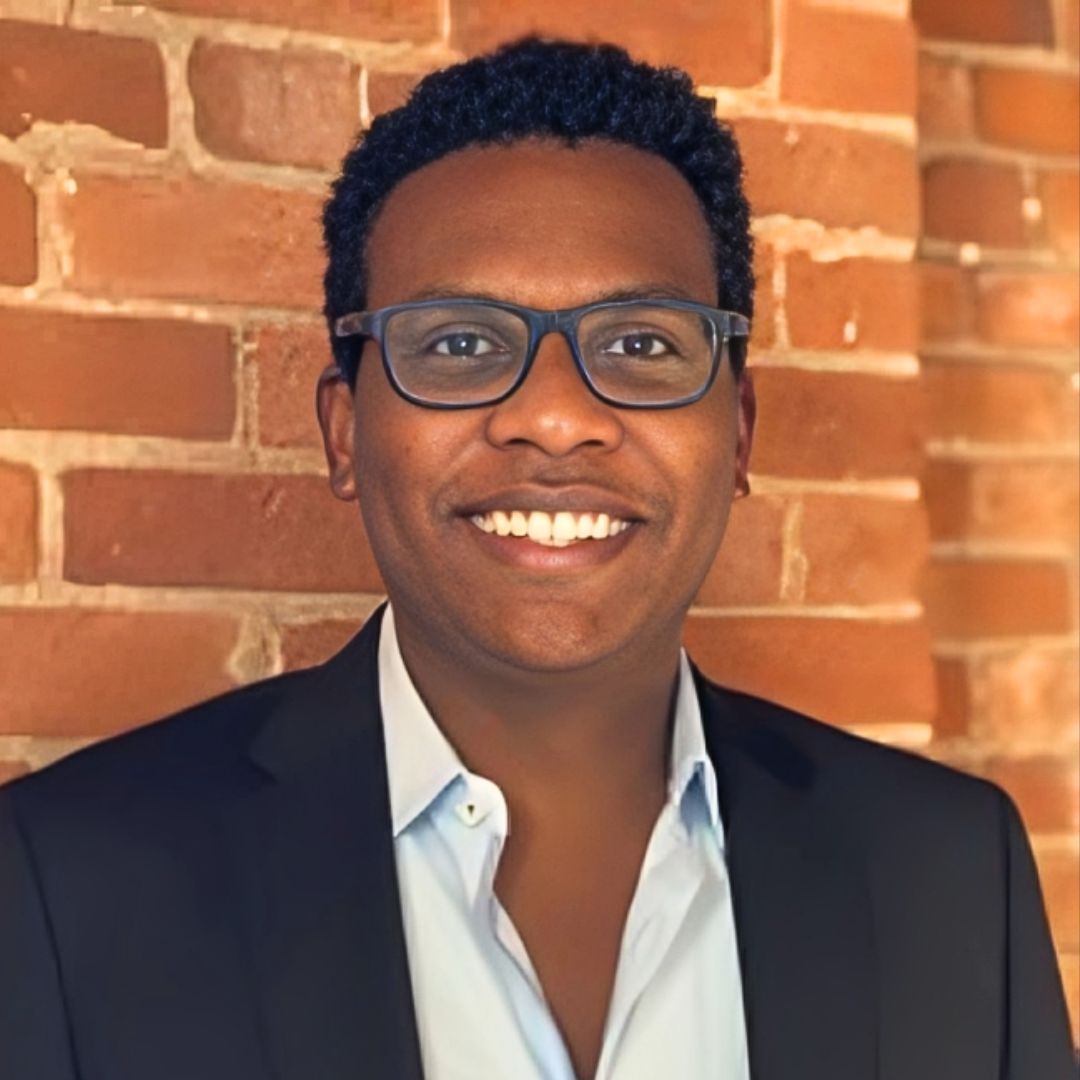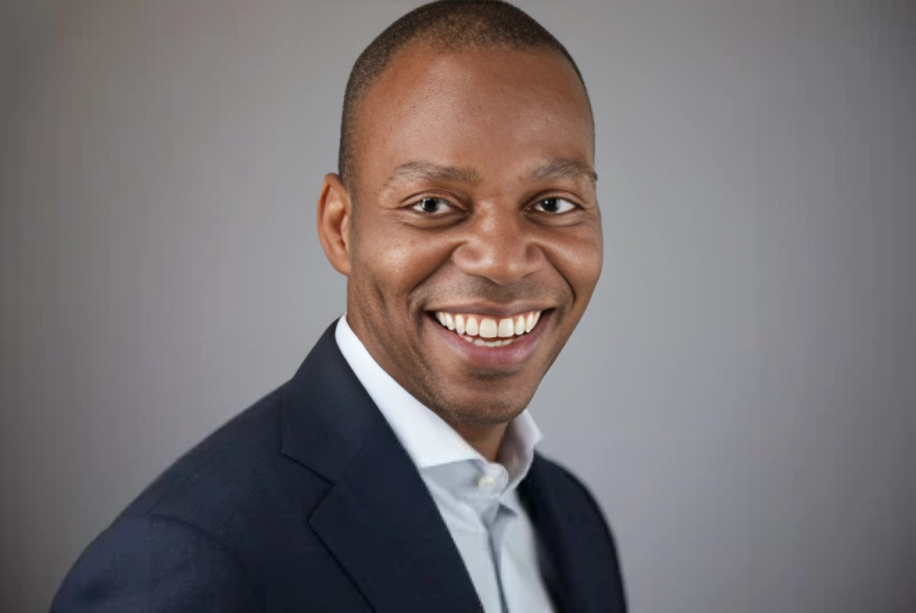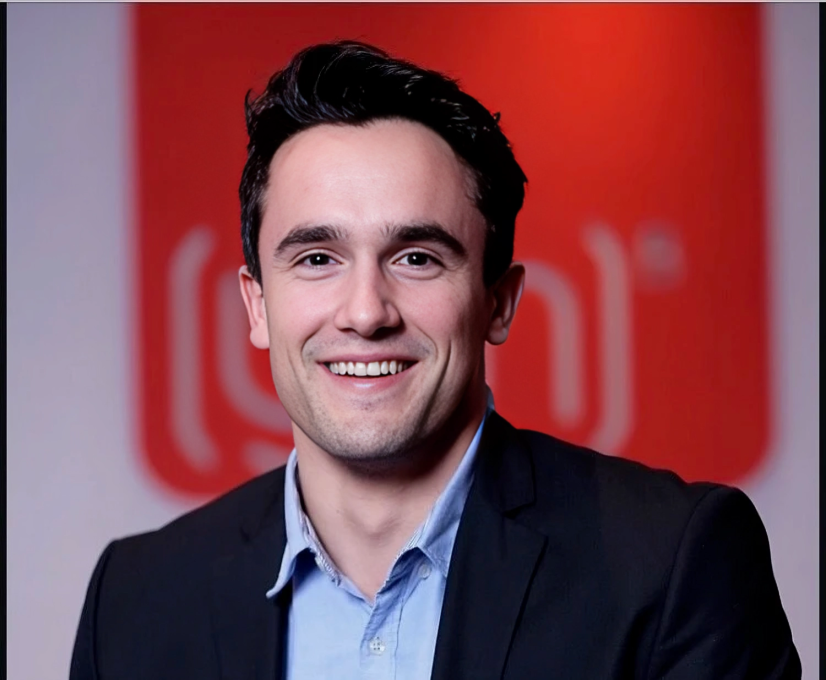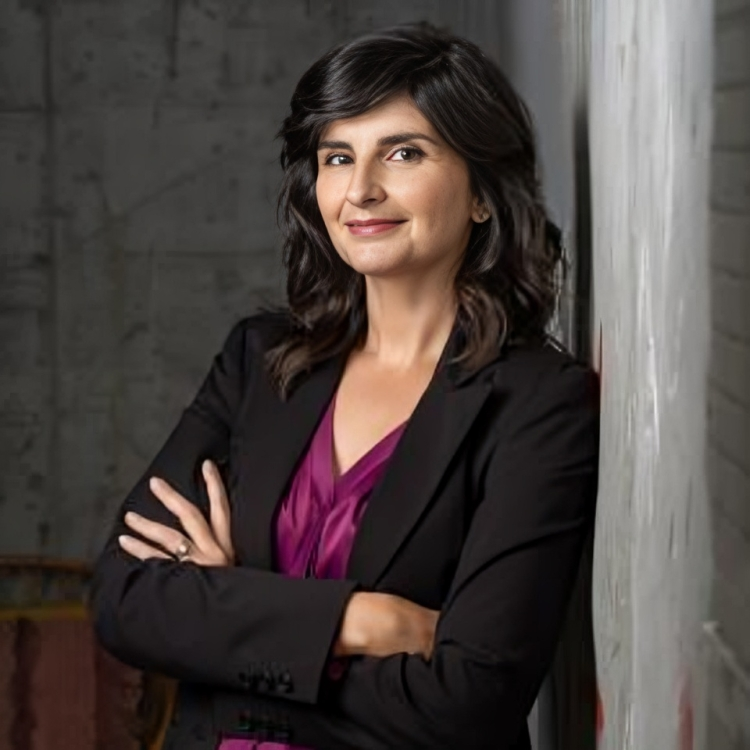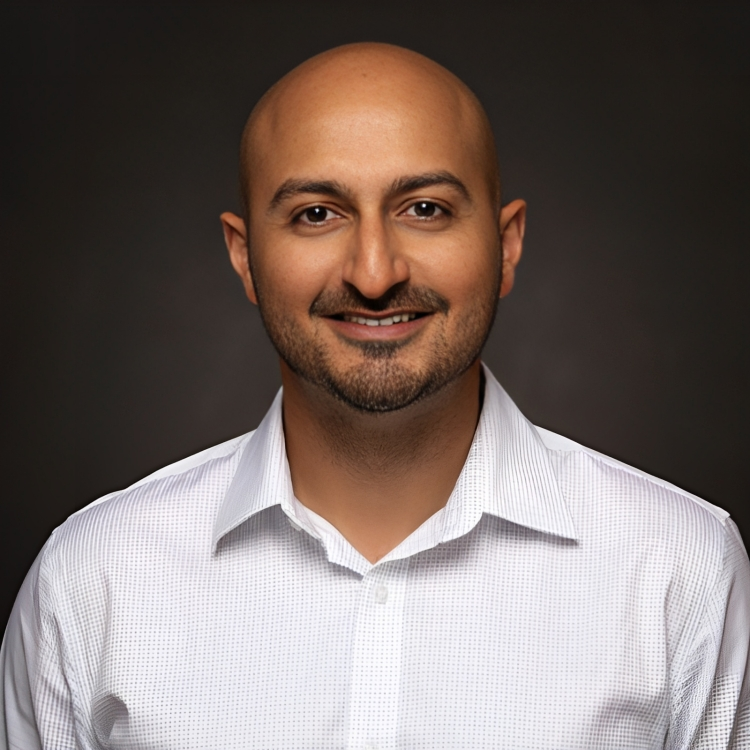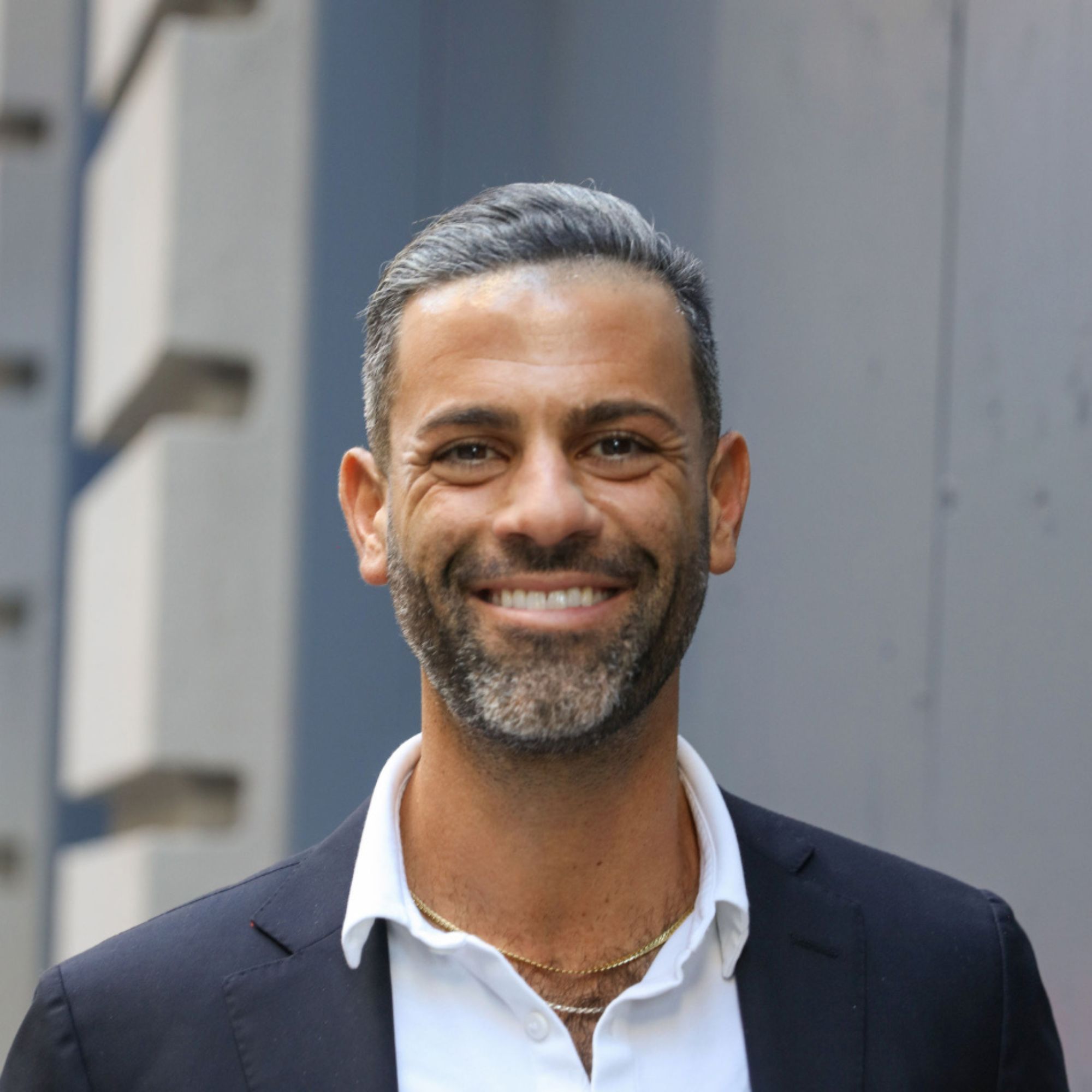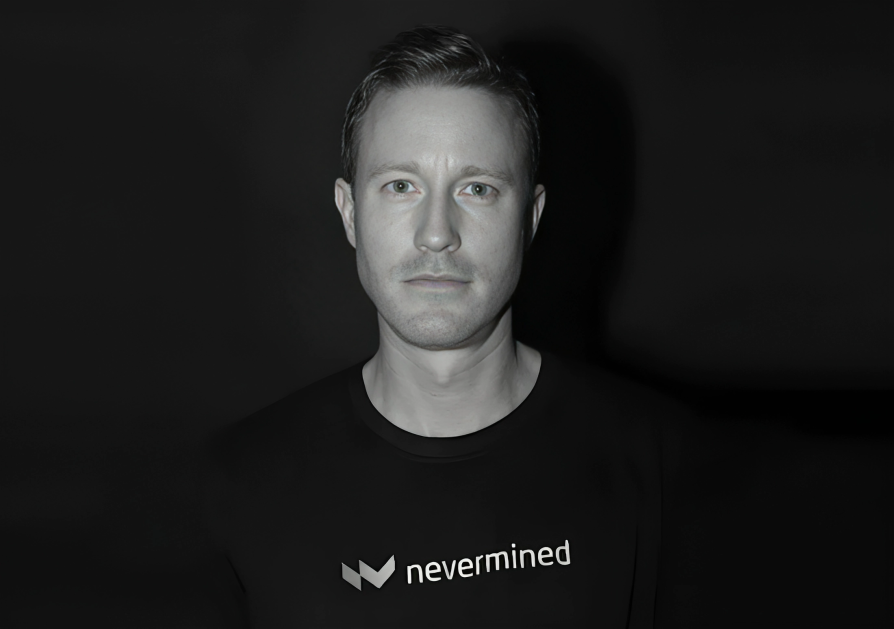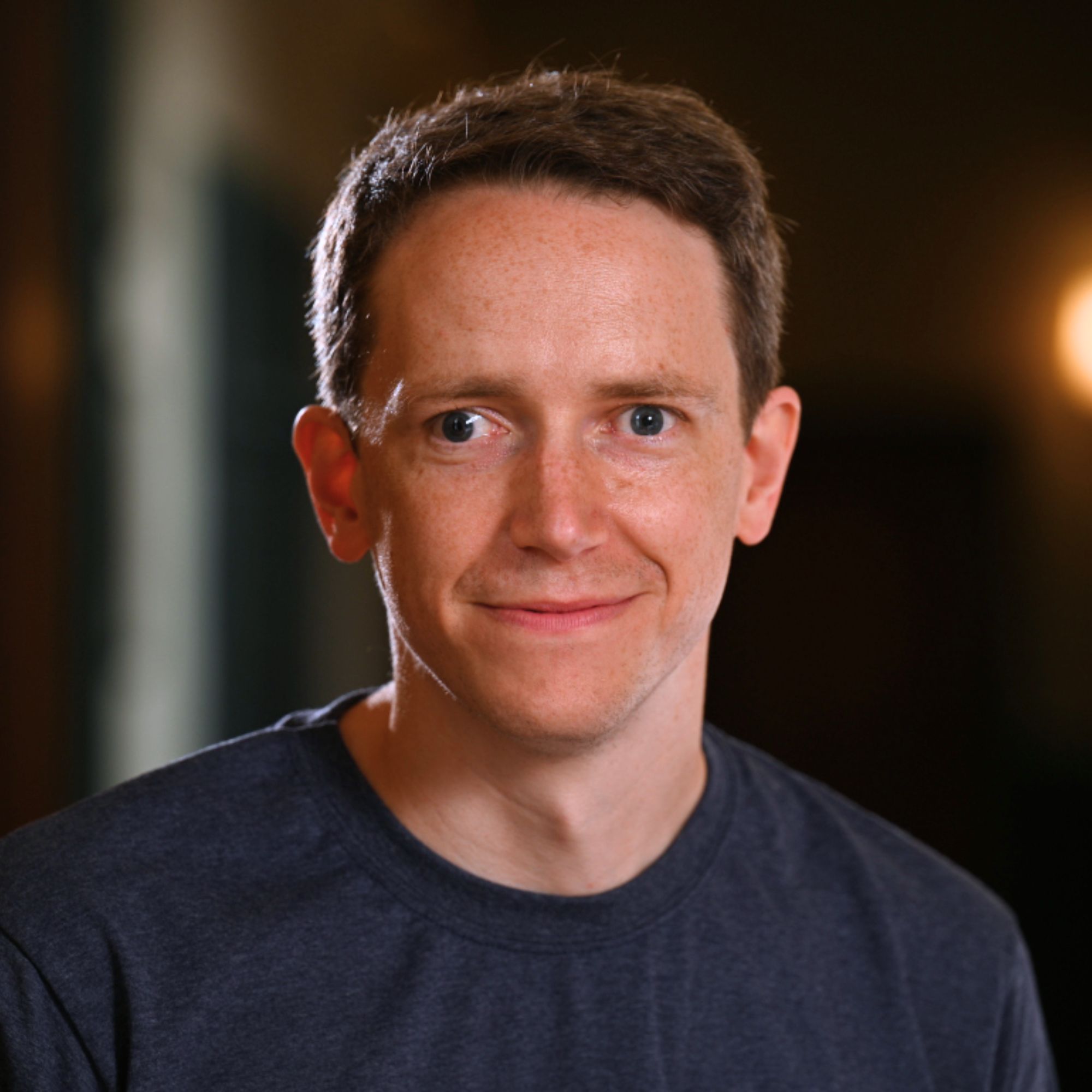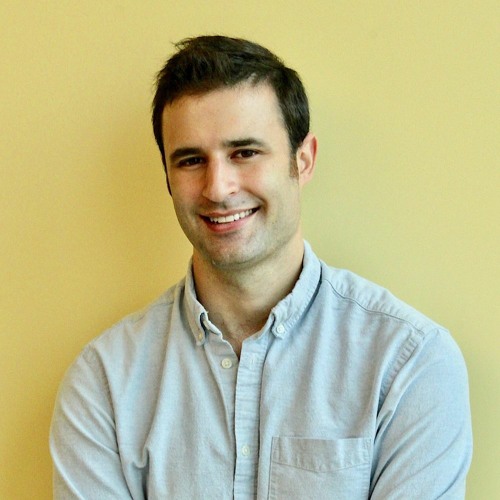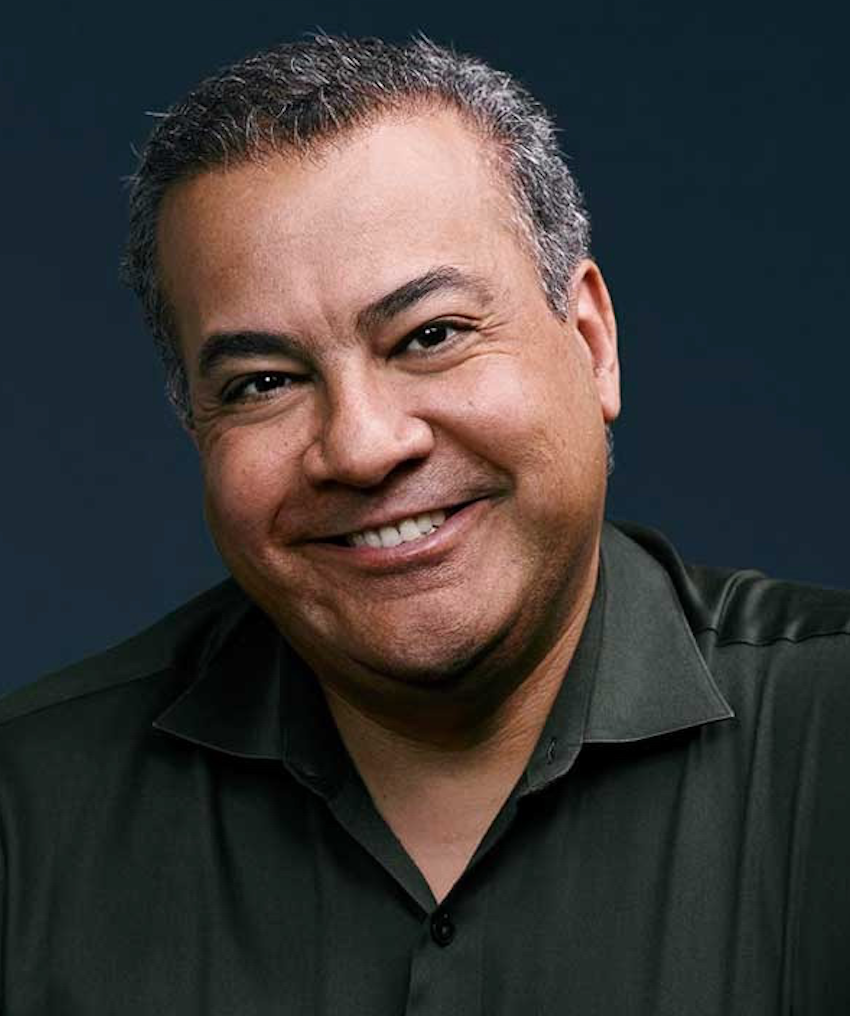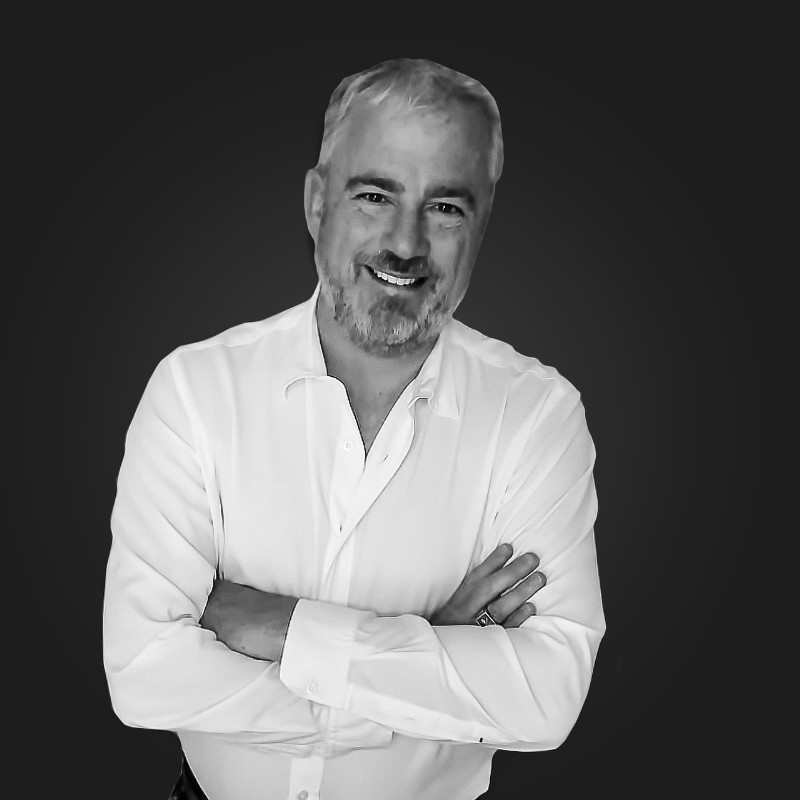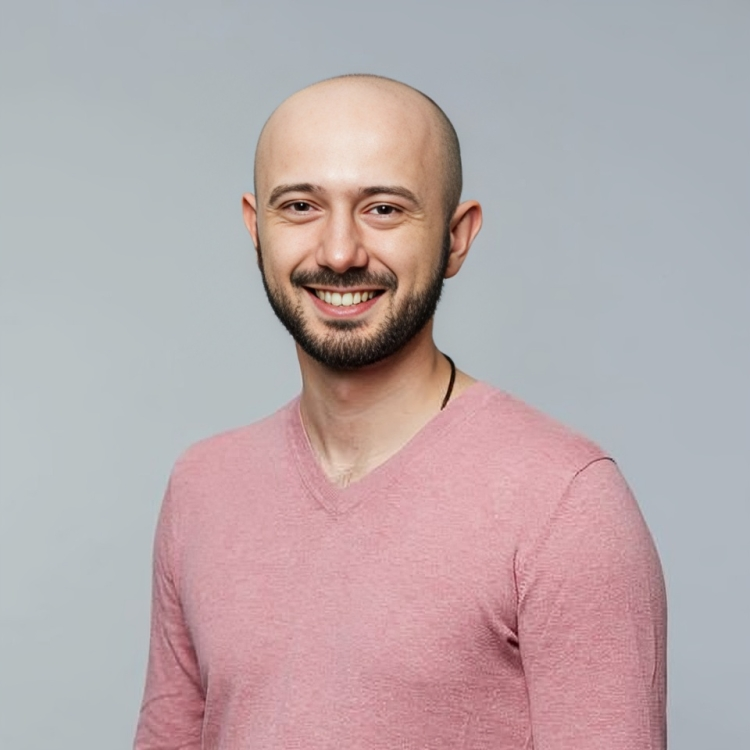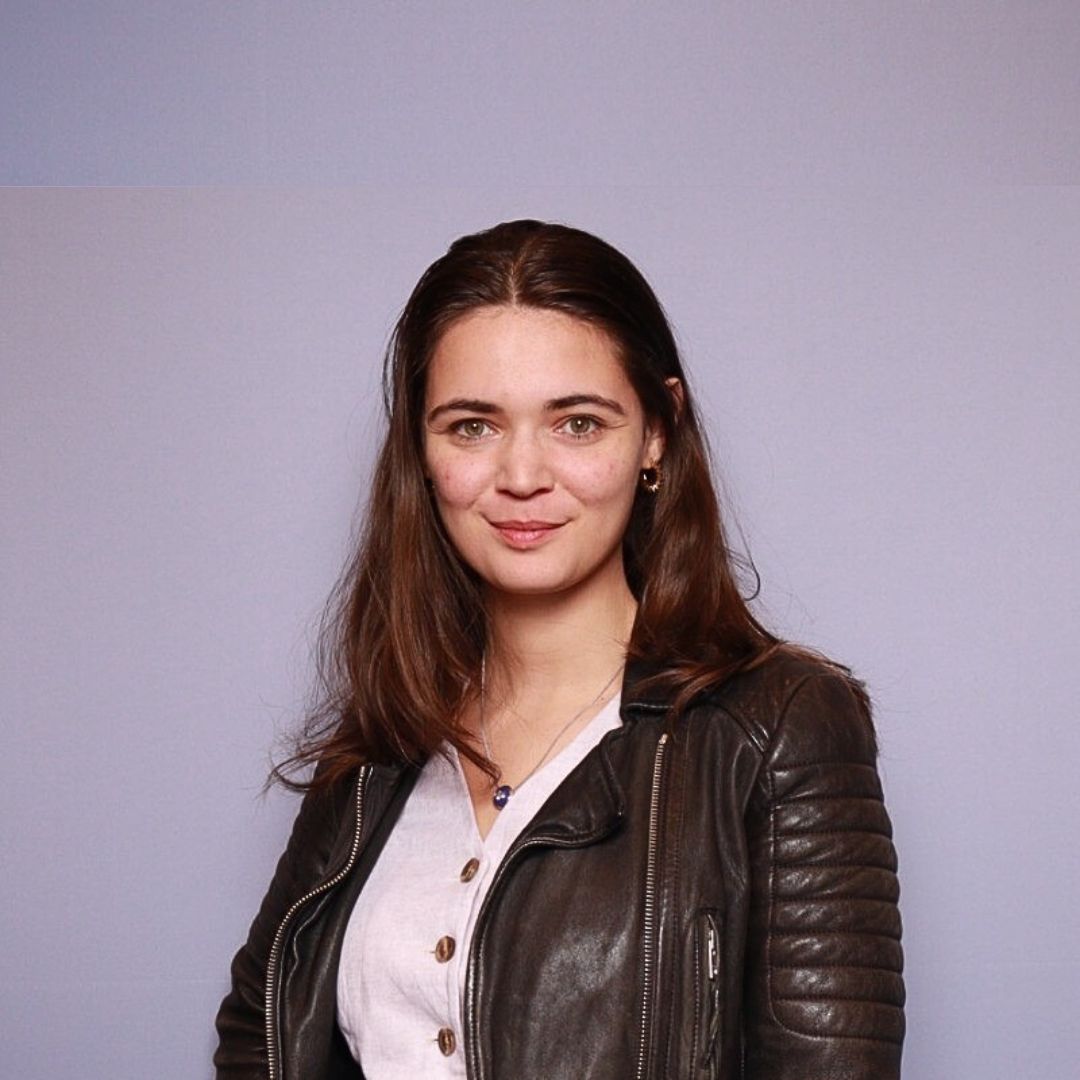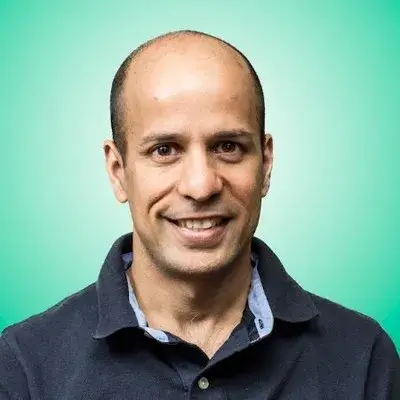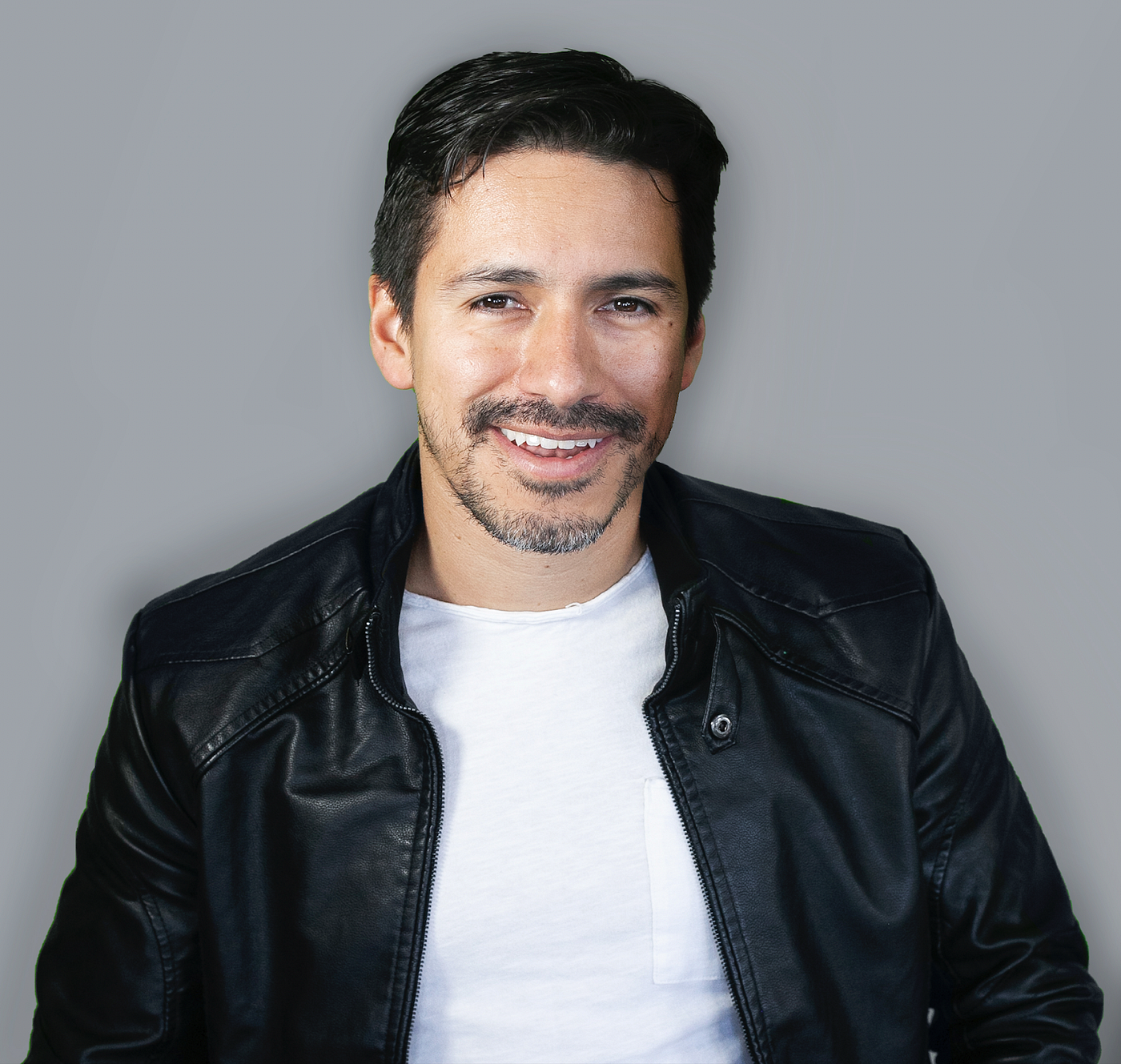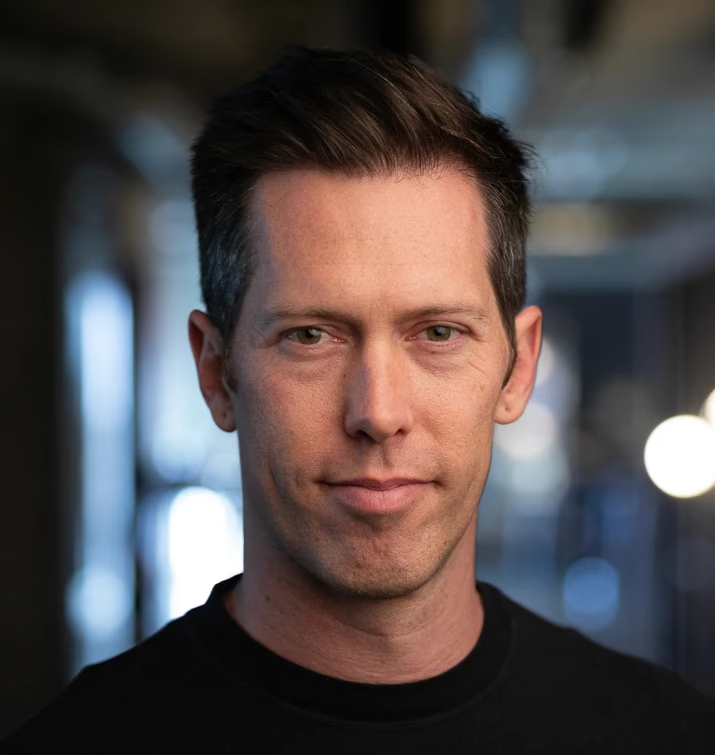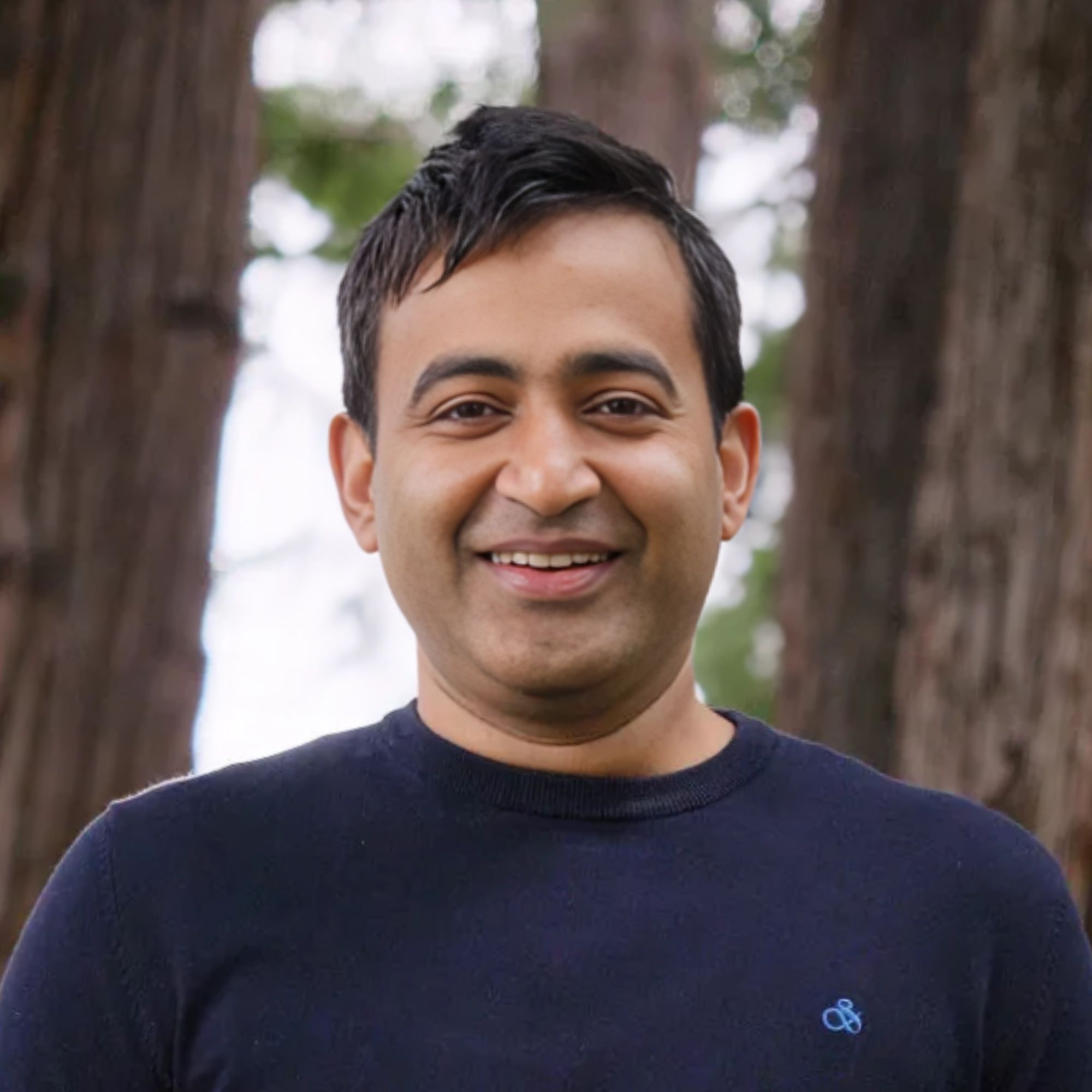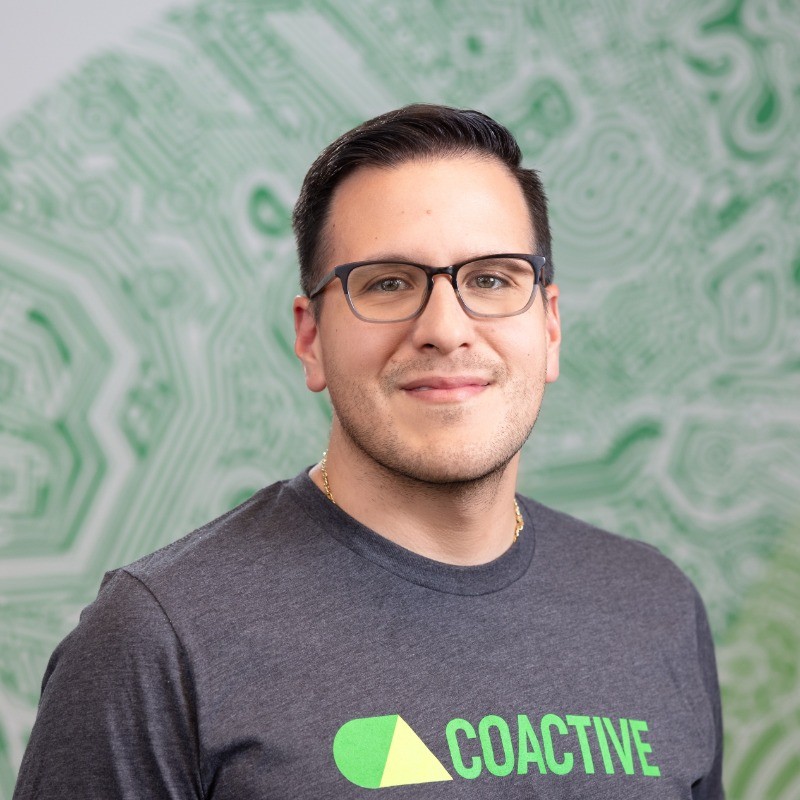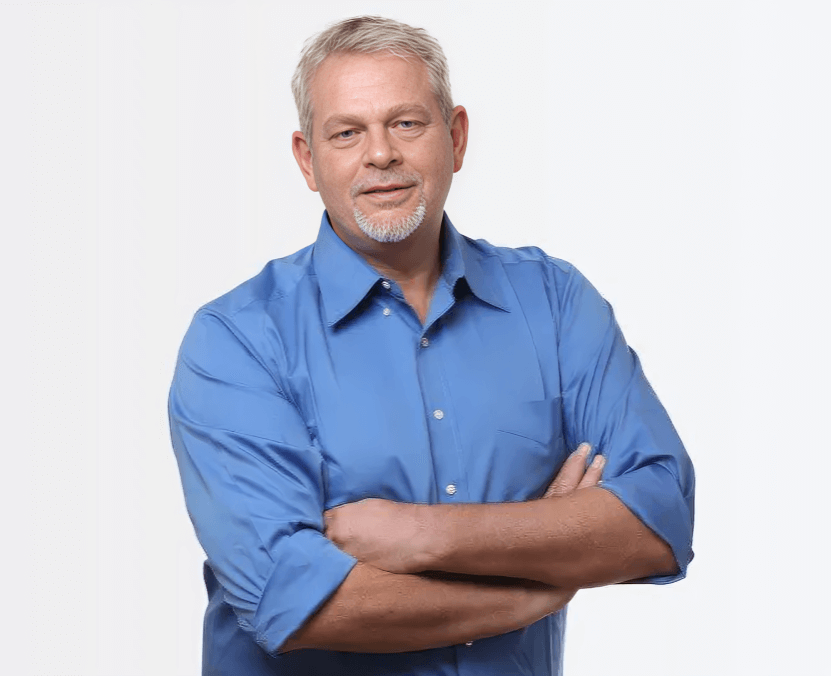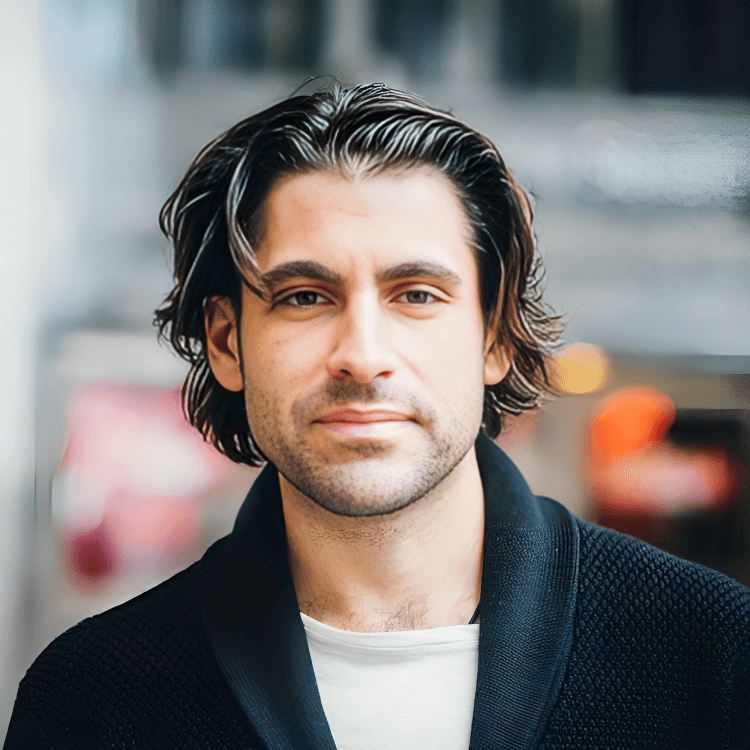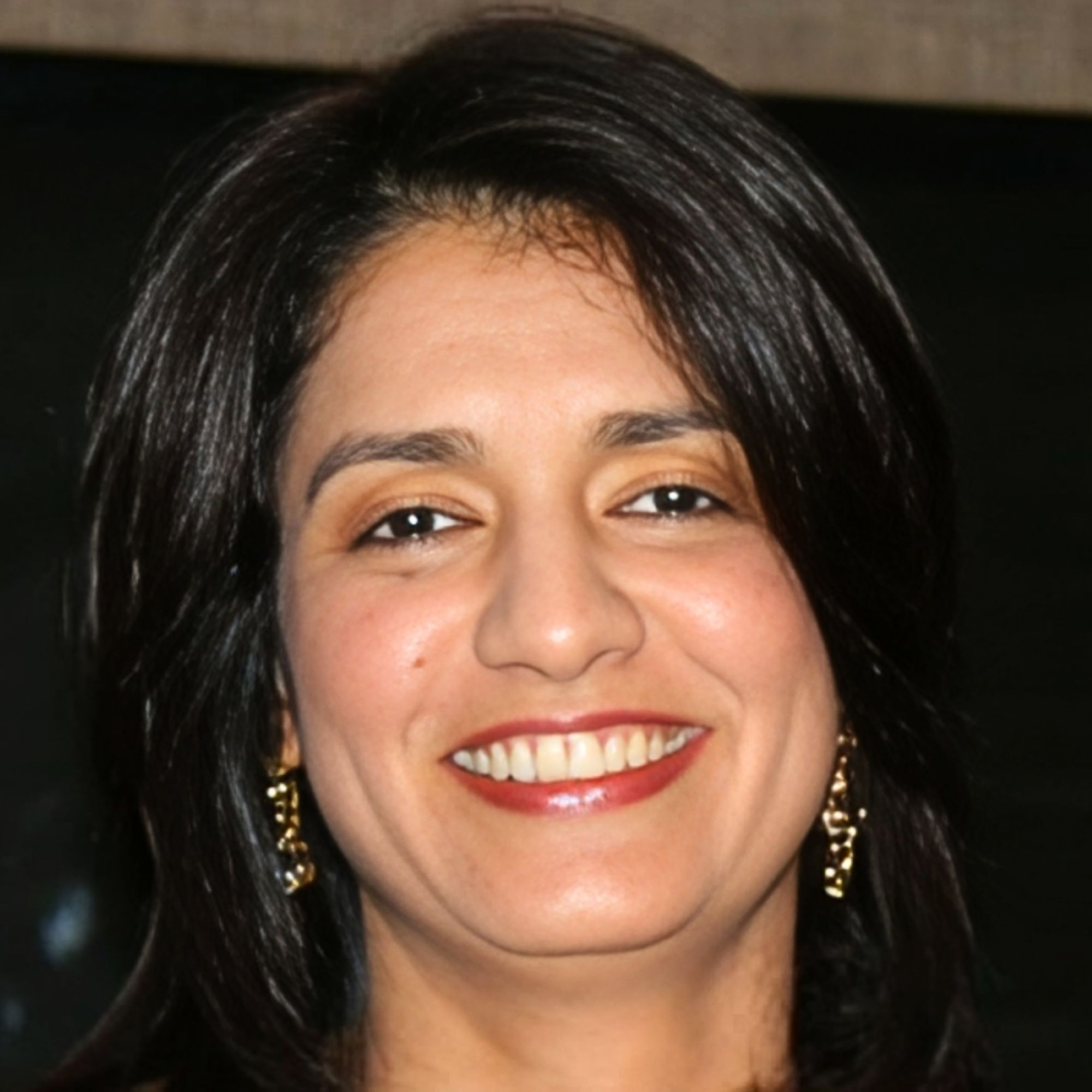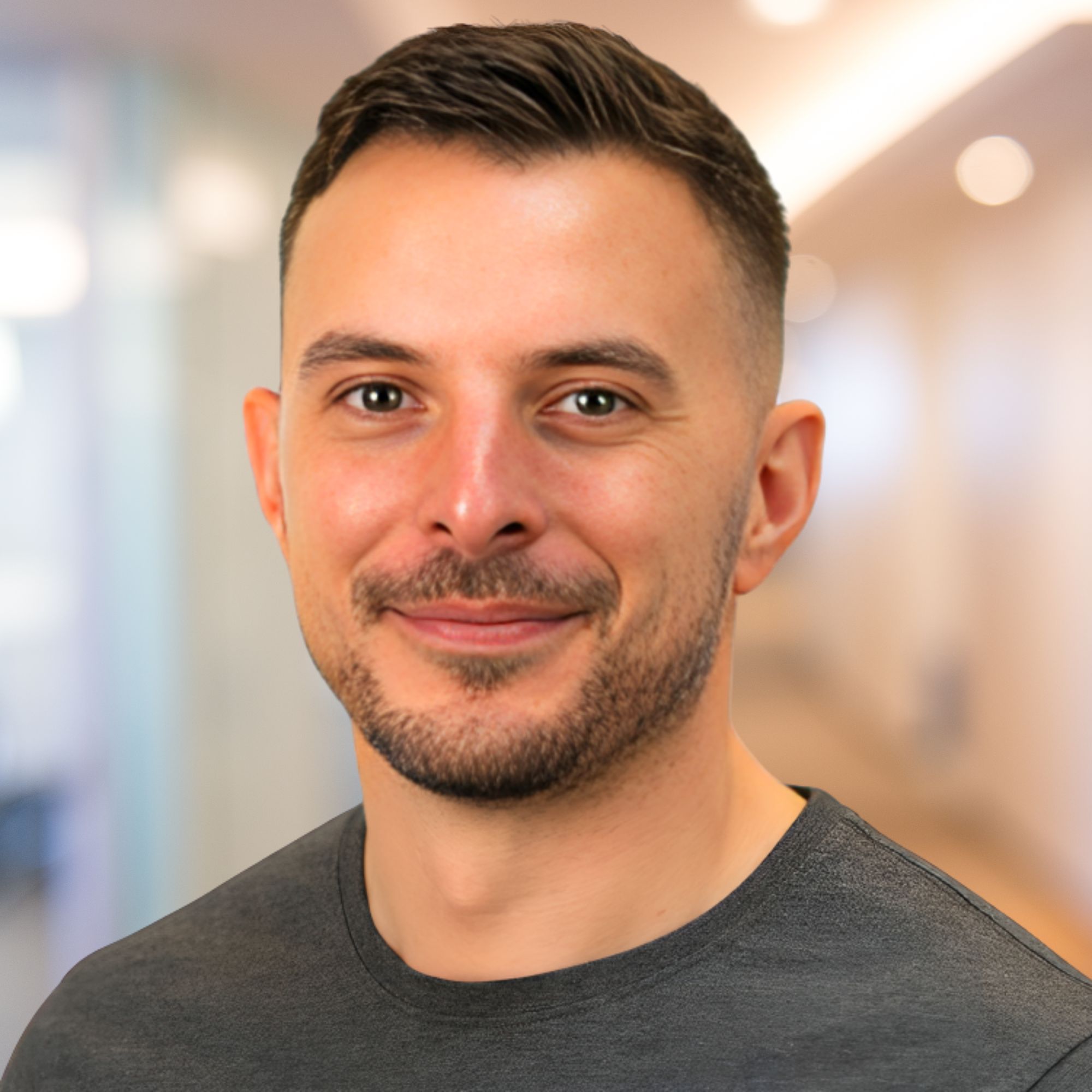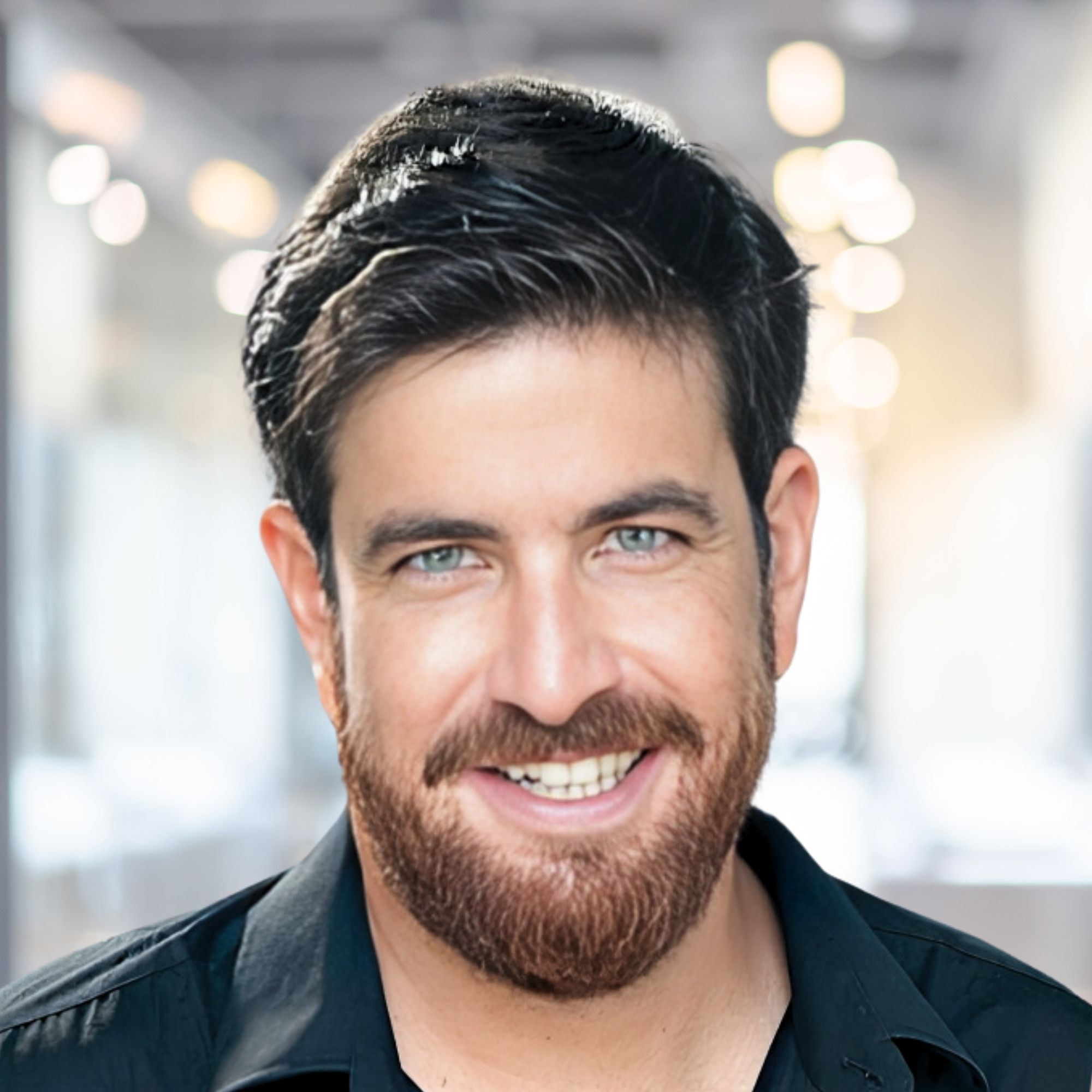Ready to build your own Founder-Led Growth engine? Book a Strategy Call
Frontlines.io | Where B2B Founders Talk GTM.
Strategic Communications Advisory For Visionary Founders
Actionable
Takeaways
Recognize when market timing doesn't align with your vision:
Suman's team was building AI solutions as early as 2015, nearly a decade before the ChatGPT moment. When ChatGPT launched in November 2022, Personal AI faced confusion from investors and customers about their differentiation. Rather than forcing their sophisticated personal AI models on consumers who wanted simpler solutions, they recognized the market mismatch and pivoted. B2B founders should be prepared to adjust their go-to-market approach when market readiness doesn't match their technical capabilities, even if their technology is superior.
Find your wedge in enterprise through specific pain points:
Personal AI discovered their enterprise entry point by targeting "highly sensitive use cases that LLMs are not good for" where companies would be "shit scared to put any data in the LLM." They focused on precision and privacy pain points that large language models couldn't address. B2B founders should identify specific enterprise pain points where their solution provides clear advantages over existing alternatives, rather than trying to be everything to everyone.
Let customer expansion drive revenue growth:
Personal AI's enterprise strategy evolved organically as existing contracts "started growing like wildfire as more people had a creative mindset to solve the problem with the platform." They discovered that their Persona concept allowed enterprises to consolidate multiple AI use cases into one platform. B2B founders should design their platforms to naturally expand within organizations and reduce vendor fragmentation, creating stickiness and increasing average contract values.
Leverage architectural advantages for unit economics:
By positioning their personal language models between customer use cases and large language models, Personal AI achieved "10x lower cost" per token. This architectural decision created both privacy benefits and economic advantages. B2B founders should consider how their technical architecture can create sustainable competitive advantages in both functionality and economics, not just features.
Geography matters more than you think for fundraising:
Suman identified his biggest fundraising mistake as not moving to San Francisco earlier, stating "back in 2022 or 2023 is when I should have moved to San Francisco, period." He learned that being part of the Silicon Valley ecosystem and conversation is critical for fundraising success. B2B founders should consider the strategic importance of physical presence in key markets, especially when raising capital, and not underestimate the value of in-person relationship building.
Conversation
Highlights
How Personal AI Pivoted from Consumer Dreams to Enterprise Reality
Most AI companies in 2023 were chasing the consumer gold rush. Personal AI was doing the opposite—and getting punished for it.
In a recent episode of Category Visionaries, Suman Kanuganti, CEO and Co-Founder of Personal AI, shared the story of how his company navigated one of the most confusing periods in AI history. While ChatGPT was capturing headlines and consumer imagination, Personal AI was building something fundamentally different: memory-first AI that learns from individual experiences rather than generic internet data.
The timing couldn’t have been more paradoxical. Suman had been thinking about AI since his days at TurboTax, where he witnessed software performing accountants’ jobs through intelligent automation. By 2015, while building Aira—an AI assistant company for blind and low-vision individuals—he was already exploring how AI could scale personalized services.
“It was 2015, 2016 times that AI should be used,” Suman recalls. “It was mostly on the physical AI side of things. It was too early.” His team was essentially a decade ahead of the market, building sophisticated AI solutions before the infrastructure and market understanding existed to support them.
The ChatGPT Moment That Changed Everything
When OpenAI launched ChatGPT in November 2022, Personal AI faced an unexpected crisis. “It was weird, it was very bizarre,” Suman remembers. “We had hints though, because we were also at Microsoft corporate development offices, you know, two to three weeks before ChatGPT came around.”
The launch created immediate confusion in the market. Personal AI had spent years building what they called “personal language models”—AI systems designed to capture and reflect individual knowledge, experiences, and decision-making patterns. But suddenly, everyone wanted to compare them to ChatGPT.
“In 2023, it was confusing. It was confusing to investors, confusing to customers. And where is personal AI headed? What is the difference between personal AI and OpenAI now?” Suman explains. The company found itself constantly explaining technical differences between large language models and personal language models, diving into “nitty gritty details of the rag versus fine tuning versus 1GB models and 100 million parameters.”
The Consumer Market Mismatch
Despite the technical sophistication of their platform, Personal AI struggled in the consumer market throughout 2023. “We went straight to the consumer market because personally our motivation was an AI model for everybody on the planet,” Suman says. “But personally I did not do very well in the consumer market. There was a market mismatch.”
The problem was clear: consumers wanted simple AI interactions—better grocery lists, casual conversations, entertainment. Personal AI was offering something far more sophisticated. “We were pushing sophisticated personal AI models down the throats of consumers who are wanting to better grocery list or talk to a girlfriend or talk to an AI,” Suman admits.
Companies like Character AI and ChatGPT captured the consumer market with exactly what users wanted: accessible, entertaining AI interactions. Personal AI’s memory-first approach was solving a problem consumers didn’t yet recognize they had.
Finding the Enterprise Sweet Spot
Late in 2023, Suman made a crucial realization. Personal AI was “best when suited for highly private, highly proprietary, highly individualistic in nature, specific expertise.” This insight led to a complete go-to-market pivot.
“I took a page from my last company, which is B2B and went straight after looking at the AI workforce concept late 2023,” he explains. “The platform is the same, the GTM is totally different.”
The response was immediate and dramatic. “I started making some calls and it’s like, Suman, where the hell are you? This is exactly what we are looking for.”
Personal AI had found their wedge: enterprise customers with highly sensitive use cases that large language models couldn’t address. “What we were focusing on is we were focusing on highly sensitive use cases that we know LLMs are not good for. Our companies would be shit scared to put any data in the LLM,” Suman says.
Building on Privacy as a Technical Advantage
Unlike many companies that treat privacy as a compliance checkbox, Personal AI built it into their core architecture. “Privacy for us means the data and the model is the customers. Privacy for us means no Persona in any circumstances or in zero circumstances should be training a different Persona,” Suman explains.
This architectural decision created both technical and economic advantages. By positioning their personal language models between customer use cases and large language models, they achieved “10x lower cost” per token while maintaining complete data isolation.
The privacy-first approach resonated particularly well with regulated industries. Personal AI is now “SOC2, we are GDPR. We are also HIPAA compliant and we are also serving, you know, CNPI laws”—compliance capabilities that emerged naturally from their technical architecture rather than being retrofitted.
The Enterprise Expansion Strategy
Personal AI’s enterprise strategy evolved organically through customer success. Starting with small law firms and mid-market companies worried about precision and privacy, they discovered something powerful: “existing contracts started growing like wildfire as more people had a creative mindset to solve the problem with the platform.”
Their sales approach inverted traditional enterprise patterns. “We know what is our wedge going into the enterprise company, which is mostly COOs and we sell into the business users because business users use the platform and product,” Suman explains. “Once we are scaling to the enterprise wide, the IT gets involved and they are usually very happy with the company.”
This bottom-up adoption created natural expansion. IT departments appreciated having “full control of the data and the data stewardship” while avoiding “20 billion vendors for different use cases.” The platform became “like Slack, but every user has a choice to create how many of our AIs and they all work in the same collaborative workspace.”
Lessons from the Geographic Reality
One of Suman’s most candid insights involves the importance of physical presence in the Silicon Valley ecosystem. “If you had to ask me like what is the mistake I made on the fundraising? Well, back in 2022 or 2023 is when I should have moved to San Francisco, period,” he admits.
Despite building in San Diego, market forces eventually pulled them north. “There is a belief system that happens in the Silicon Valley that only people who I guess grew up in Bay Area live in Bay Area turned out to be, you know, smart creators of smart companies. It’s an unfortunate, but it’s the truth.”
The company is now based in San Francisco, acknowledging that “you need to be part of the conversation. You need to be part out there” for fundraising and ecosystem participation.
The Vision Ahead
Personal AI’s pivot to enterprise has validated their fundamental thesis while finding market fit. “2024 is our year of product market fit,” Suman declares. “And I’m super delightful to meet where the market is right now, you know, adding tons of value up there.”
Looking forward, Suman envisions a future where “public CEOs of public companies would go to the earning calls and say we have 40% workforce men, 40% workforce women, 10% people of different abilities and 10% AI workforce powered by personal AI.”
The long-term vision remains ambitious: “a personality model for everybody that is likely going to run on their phones, that is provide private to them. That is theirs and they own it and they can move it. It’s interoperable.”
Personal AI’s journey illustrates a crucial lesson for B2B founders: sometimes market timing doesn’t align with technical capability, and the willingness to pivot go-to-market strategy while maintaining core technology vision can unlock entirely new opportunities. Their experience shows that being early to a market isn’t always an advantage—but being adaptable when the market catches up certainly is.

